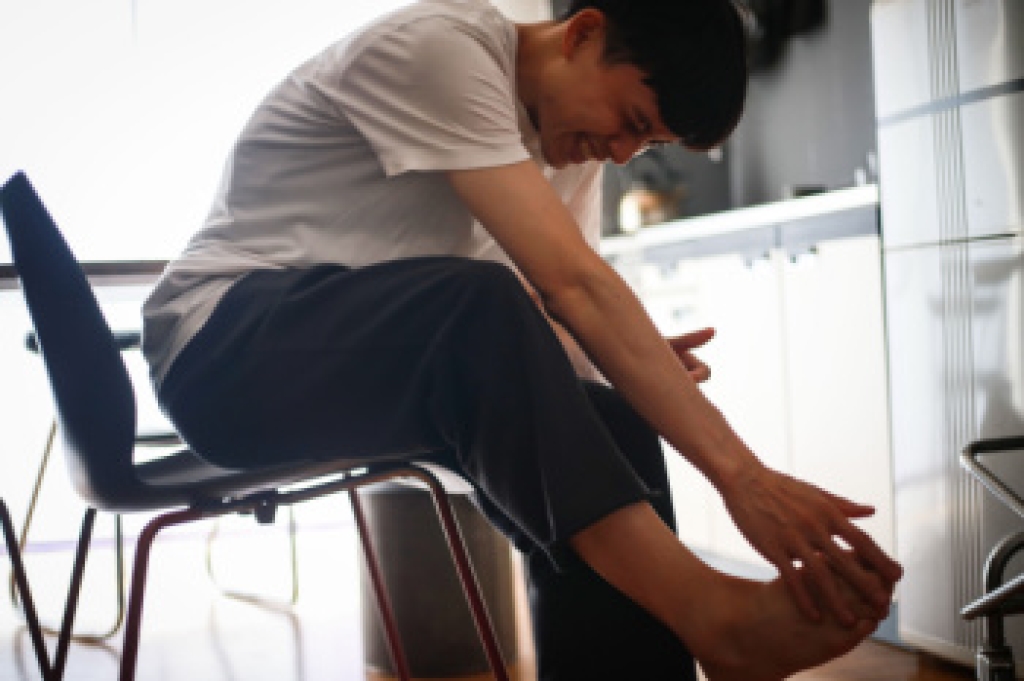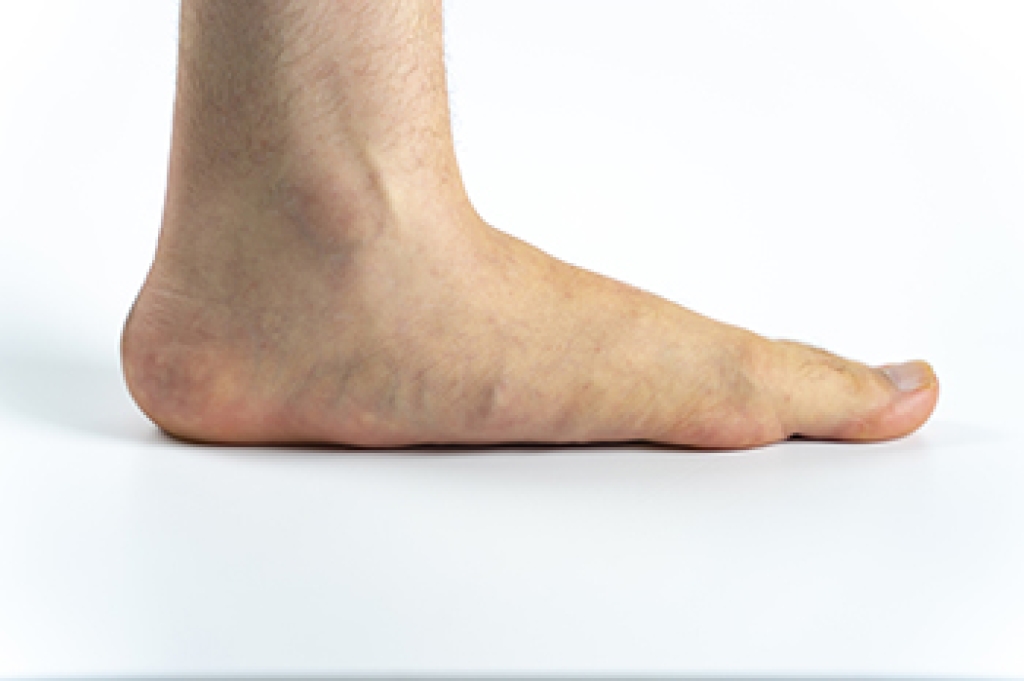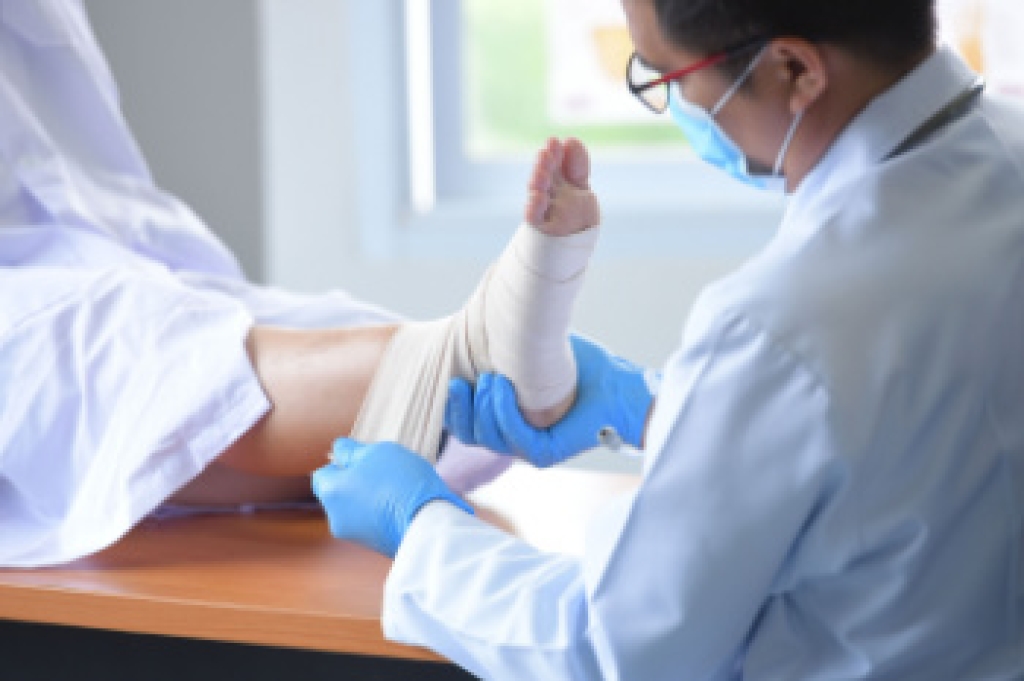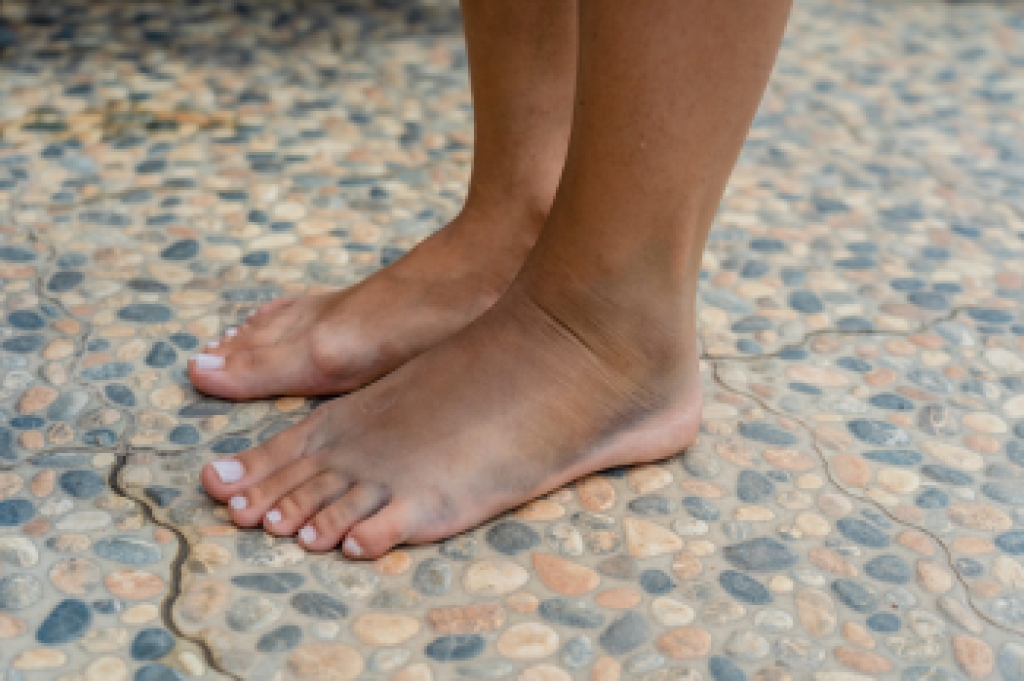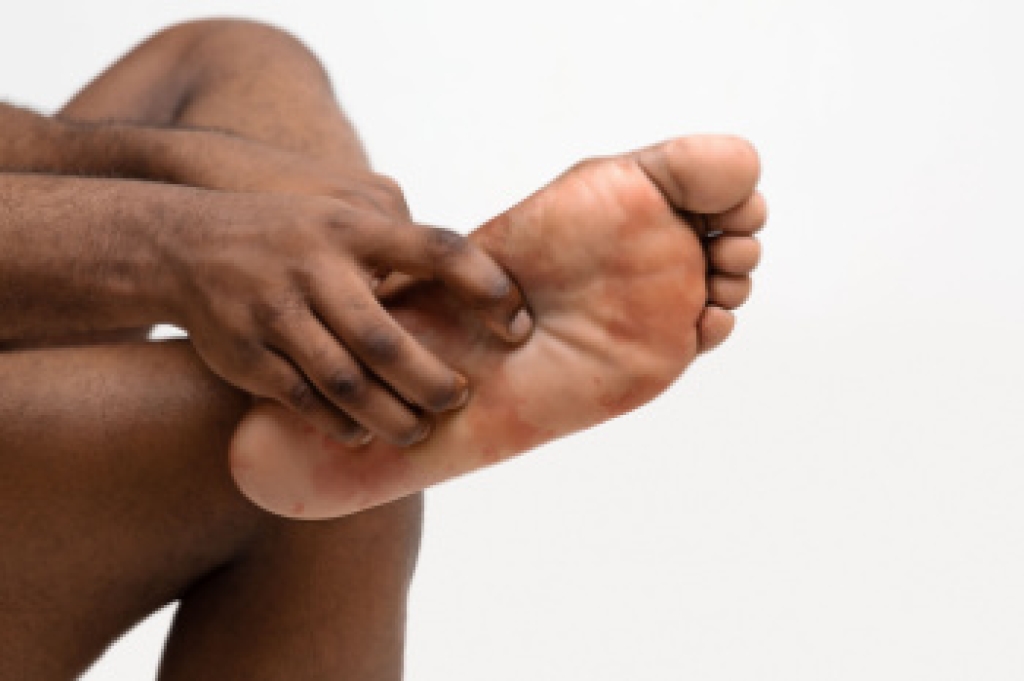
Plantar fasciitis is one of the most common causes of heel pain, and develops when the thick band of tissue that supports the arch becomes strained at its attachment to the heel bone. A key sign of plantar fasciitis is sharp pain under the heel when first standing in the morning or after sitting for a while. This pain may ease briefly, but often returns as the day goes on. It can also intensify during the push-off phase of walking or running when the heel lifts from the ground. Some people describe aching, burning, or stabbing sensations along the arch or inner border of the heel. Mild swelling or tenderness at the bottom of the foot can also occur. A podiatrist can examine the foot, review risk factors, and recommend effective treatment options. If you are experiencing symptoms of plantar fasciitis, it is suggested that you schedule an appointment with a podiatrist for an evaluation and appropriate treatment.
Plantar fasciitis can be very painful and inconvenient. If you are experiencing heel pain or symptoms of plantar fasciitis, contact Robert Hutchison, DPM, FACFAS from Lower Keys Foot & Ankle Surgery. Our doctor can provide the care you need to keep you pain-free and on your feet.
What Is Plantar Fasciitis?
Plantar fasciitis is the inflammation of the thick band of tissue that runs along the bottom of your foot, known as the plantar fascia, and causes mild to severe heel pain.
What Causes Plantar Fasciitis?
- Excessive running
- Non-supportive shoes
- Overpronation
- Repeated stretching and tearing of the plantar fascia
How Can It Be Treated?
- Conservative measures – anti-inflammatories, ice packs, stretching exercises, physical therapy, orthotic devices
- Shockwave therapy – sound waves are sent to the affected area to facilitate healing and are usually used for chronic cases of plantar fasciitis
- Surgery – usually only used as a last resort when all else fails. The plantar fascia can be surgically detached from the heel
While very treatable, plantar fasciitis is definitely not something that should be ignored. Especially in severe cases, speaking to your doctor right away is highly recommended to avoid complications and severe heel pain. Your podiatrist can work with you to provide the appropriate treatment options tailored to your condition.
If you have any questions, please feel free to contact our office located in Key West, FL . We offer the newest diagnostic and treatment technologies for all your foot care needs.
